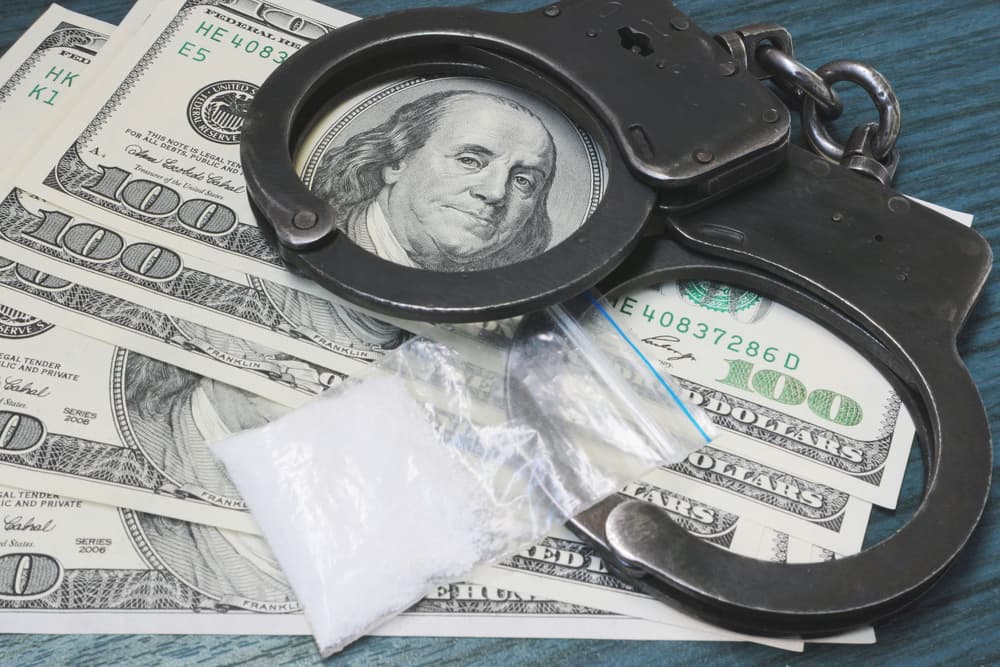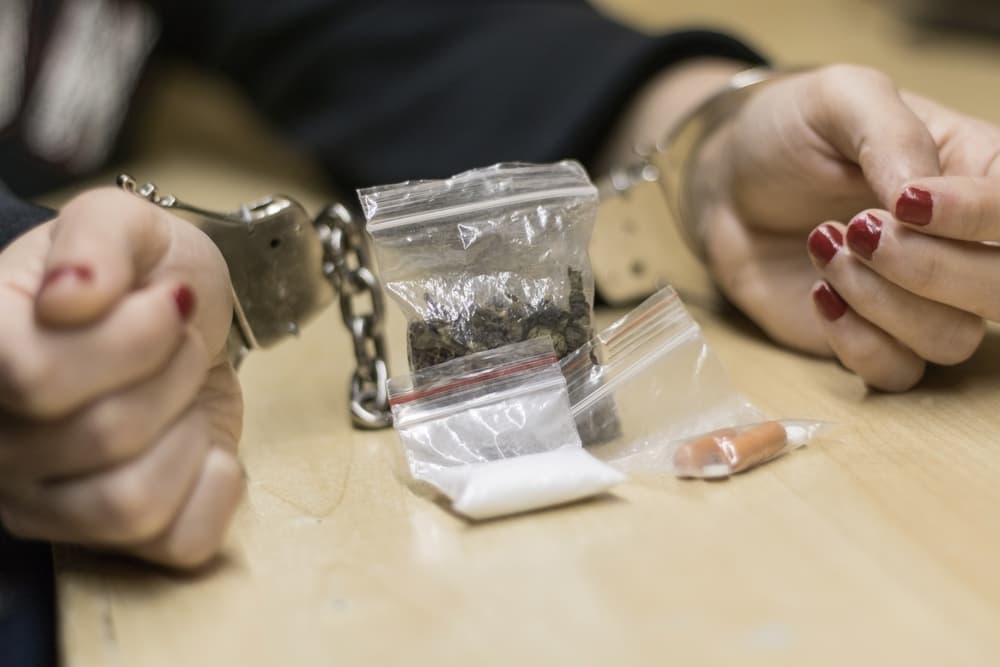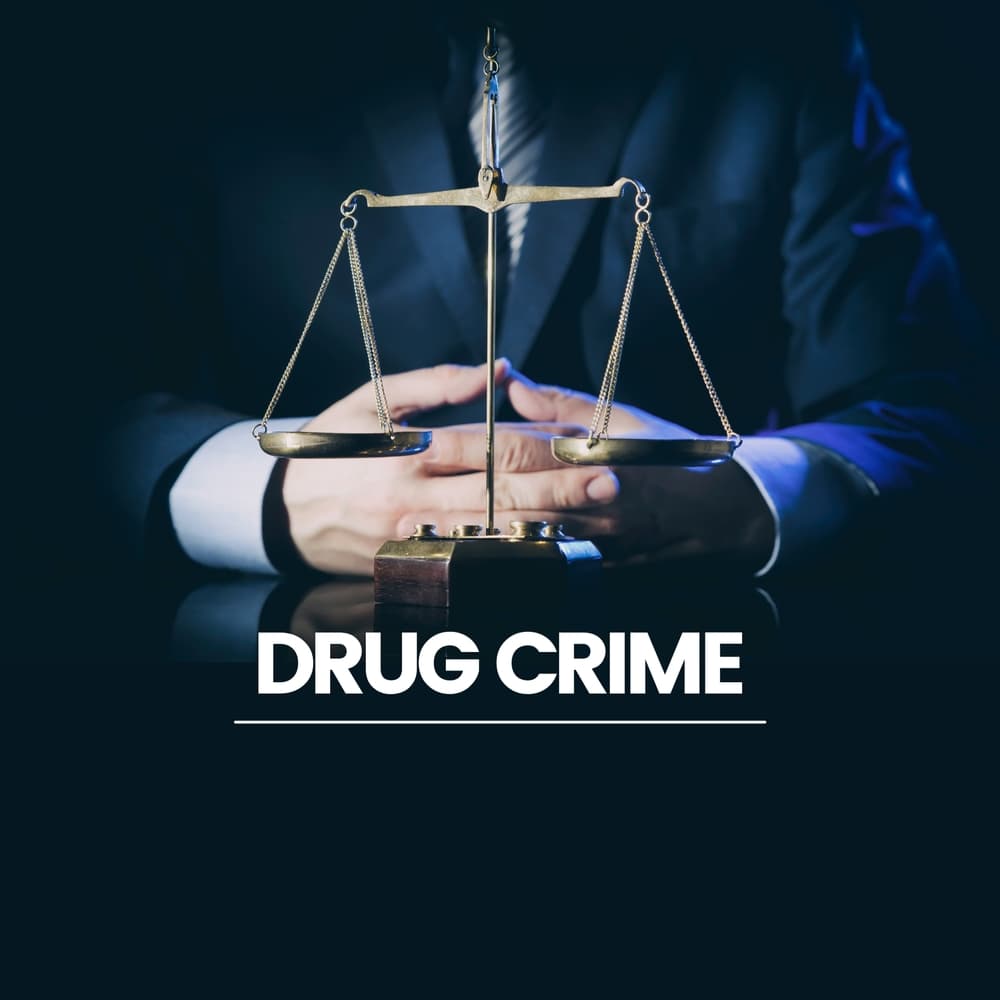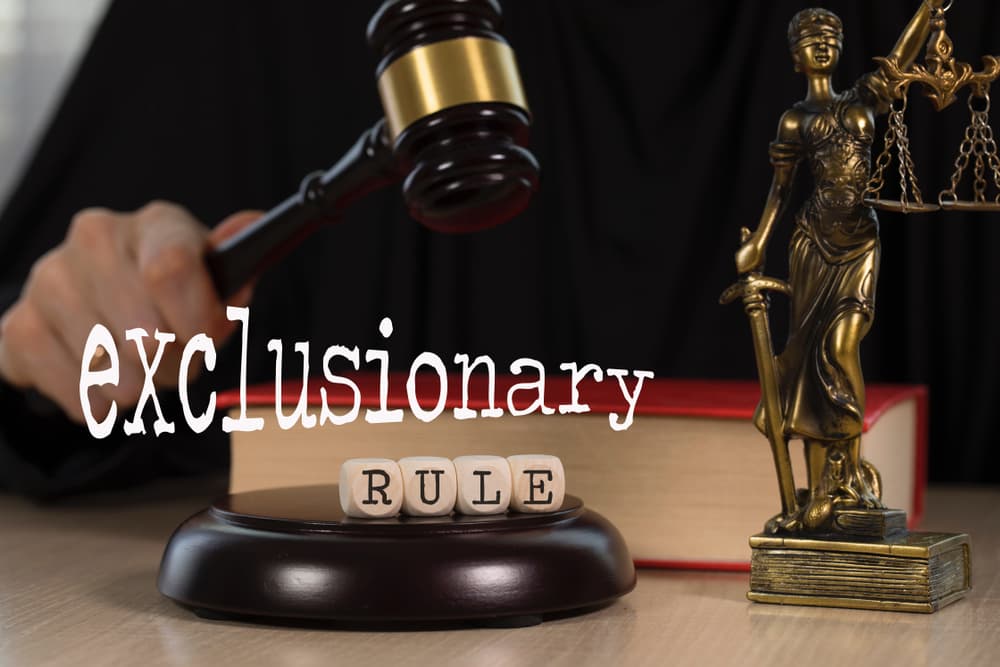The possession of an illegal drug or controlled substance in the U.S. is a crime. Methamphetamine is a dangerous, illegal substance, and any charges you face can change your life for the worse. Moreover, if you possess any amount of meth, the authorities can charge it as a felony or federal crime. In such cases, consulting a drug crime lawyer is crucial to understand your legal rights and options.
Schedule Your Free Consultation
Talk to a Criminal Defense Drug Lawyer About Your Methamphetamine Drug Charge
If you face charges of the possession of meth or any chemical used to produce meth, contact a criminal defense drug lawyer immediately. A lawyer can review your case and develop a defense strategy so you can experience a better outcome.
The Methamphetamine Epidemic Act - How It Can Impact a Criminal Charge for Possession of Meth

Almost 20 years ago, federal legislators passed the Methamphetamine Epidemic Act. The legislation places tougher restrictions on the legal uses of meth and harsher penalties on the illegal use of the substance.
Even if you possess drugs with a chemical composition--known as precursors--or over-the-counter drugs or chemicals used in producing meth, you can face meth possession charges.
Methamphetamine is a Controlled Substance
Methamphetamine, or meth, is a highly addictive stimulant. A physician can prescribe the drug, but at a much lower dose than the amount that’s typically abused.
States like North Carolina, define a Schedule II controlled substance, such as methamphetamine, as having:
- A high potential for addiction
- A currently accepted medical use that includes severe restrictions
- Serious physical and psychic dependence, if abused
Schedule II is the second most dangerous category for illegal substances and, besides meth, includes oxycodone, cocaine, and opium.
Punishments for Possessing, Selling, Manufacturing, and Distributing or Trafficking Meth

Punishments for illegal possession and the selling, manufacturing, or distribution of meth are severe and include:
Possession
Any possession of meth can constitute a Class I Felony. If the authorities find any amount of meth on your person, you’ll face possession charges.
The Possession (of Meth) With the Intent to Manufacture/Sell the Drug (PWIMSD)
As an example, in North Carolina, this higher charge is classified as a Class C felony - unless the offense includes packaging and repackaging meth or labeling or re-labeling a meth container. In this case, the punishment is a Class H felony.
Distribution/Trafficking
In a recent year, individuals sentenced for distribution / trafficking methamphetamine received average sentences of 91 months, the longest among all convicts sentenced for a federal drug trafficking offense.
Methamphetamine trafficking convictions carried a mandatory minimum penalty more often than all others drug trafficking sentences.
Repeat offenders may face even harsher penalties.
With the right drug defense attorney, you will know all of your options.
Call a Criminal Drug Defense Lawyer If Authorities Charge You With Possessing Meth

Any drug charge, including the possession of meth, is a severe crime and felony. Therefore, if you’re charged with a crime, it can significantly impact you and your family.
An attorney will ensure nobody violates your constitutional rights through an illegal search and will hold law enforcement officers accountable. They will also work toward lessening the long-term negative consequences of the charge through plea bargaining or reviewing defects in evidence gathering.
The Fruit of the Poisonous Tree Doctrine
For example, the doctrine of the fruit of the poisonous tree can come into play if you asked to retain legal counsel but the police denied your request. You always have the right to an attorney when police arrest and hold you.
An experienced criminal defense drug attorney will improve your chances of securing a plea deal or dismissal for possession or a drug charge. A lawyer who understands how the state proves these cases can significantly improve your results.
The Exclusionary Rule

Look at the exclusionary rule when you face a drug possession charge for meth. This legal principle keeps the government from using evidence gathered in violation of a defendant’s constitutional right in a court trial.
This prevents the police from using unconstitutional investigative processes and safeguards citizens from unlawful searches and seizures.
This rule applies to evidence obtained that violates the Fourth, Fifth, or Sixth Amendments of the U.S. Constitution. The Fourth Amendment restricts unreasonable searches and seizures, while the Fifth Amendment prevents defendants from testifying against themselves. The Sixth Amendment guarantees the right to legal counsel.
Speak to a Drug Possession Attorney If You’re Arrested for Possession of Meth
Possessing meth is a serious drug offense. Whether you have the substance or police arrest you for trafficking or distribution, contact a drug possession attorney for legal assistance and advice.
A drug possession charge can change your life. Let an experienced criminal defense lawyer explore your options for lesser sentencing.
Don’t try to take on the court system alone. An attorney knows all the ins and outs of the legal process and can help achieve a better outcome in your court case. To ensure the best results, you need to have a legal advocate on your side.
Your drug possession attorney will review all the factors surrounding your case so they can strategize a defense that will work in your best interests overall.
Contact a Criminal justice lawyer to learn more about your options and rights and how they can help you get over the hurdles that lie ahead. Talk with an attorney today.